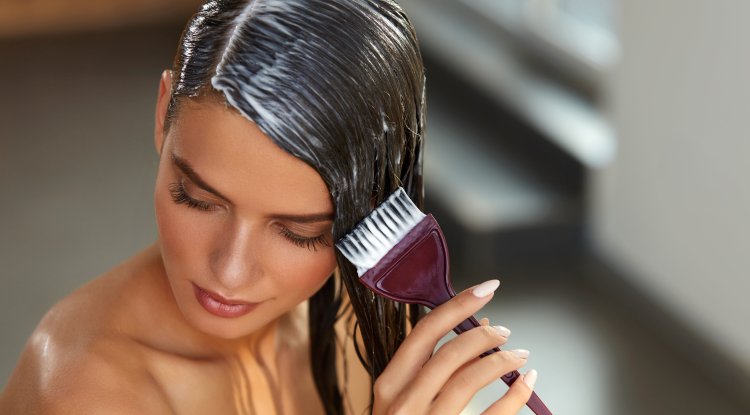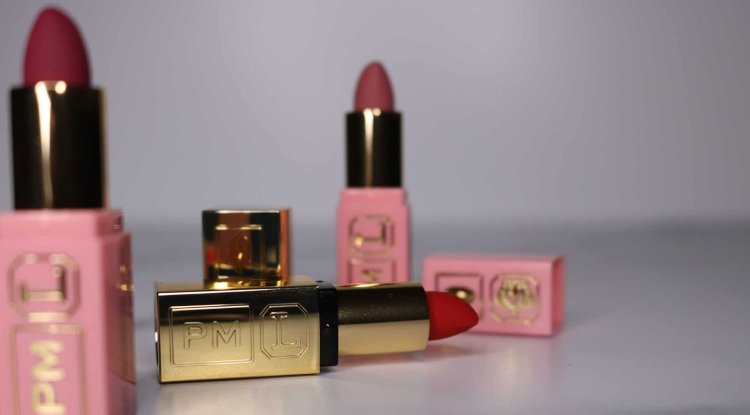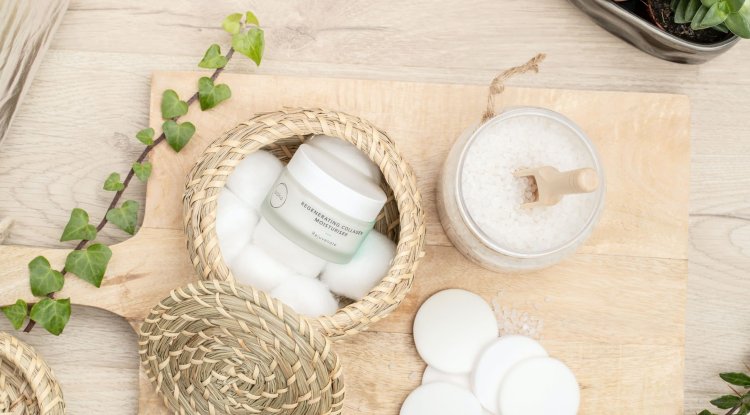This is the difference between DRY and DEHYDRATED skin
At first glance, the words "dry" and "dehydrated" seem to describe the same things, but they are quite different terms. If you see the difference in time, there is a great chance that you will prevent the largest organ on the body from becoming rough and wrinkly too soon.

Dry skin is a type of skin characterized by a lack of oil or lipids, while dehydrated describes the condition of the skin when there is a lack of water in its upper layer - the stratum corneum.
You don't have to have dry skin to be dehydrated.
Mixed and oily skin can also be dehydrated. How then to determine if you have dry or dehydrated skin? Dry skin is characterized by - a feeling of roughness, dry appearance, blemishes, while you will recognize dehydrated by - impersonal appearance, feeling of tightness or roughness, sensitivity, fine lines, relaxation, deep wrinkles, accelerated signs of aging.
The skin becomes dehydrated due to our careless attitude towards it, as well as a number of external influences.
Sun:
When it comes to weather conditions, UVA sun rays are the number one enemy of the skin. They can accelerate the aging process, increase oxidants in the skin and free radicals in the cells, and in that way damage the skin and dehydrate it.
Hard water, showers, and hot water baths:
Hard water contains limestone which can remove water from the skin. You are allowed to take a shower every day, but let it not last long and keep warm instead of hot water, which can additionally dehydrate the skin.
Aging:
The aging process makes our whole body dehydrated, including the skin. Structural changes related to the aging process cause greater dehydration, and cell renewal can be slowed down. When the skin becomes dehydrated, it starts to look older. It has a rough texture with fine lines that become more pronounced over time.
Air conditioning and heating:
If you spend a lot of time in air-conditioned or centrally heated rooms, you will find that it worsens dehydration and dry skin.
Wrong care:
If you use products that are too heavy or too light or use them inconsistently, it can adversely affect skin moisture problems. It is important to have very good moisturizing body care and other facial skin products. Also, when cleansing the skin, avoid rough peels.
Experts constantly tell us that it is important to drink a lot of water so that the body, including the skin, is hydrated. However, the skin is the largest organ of the body, so it is of great importance to use quality ingredients to keep it hydrated.
Modern moisturizing care should mean much more than ordinary cream - it should not only hydrate the skin but also provide it with conditions for stopping the development of various bacteria on it.
In addition, strive to maintain a healthy lifestyle, which means:
1. Use sunscreen
2. Avoid alcohol and cigarettes
3. Eat a balanced diet
4. Drink plenty of water
This will help maintain the fullness and radiance of the skin and prevent dehydration.
By: Amber V.




























